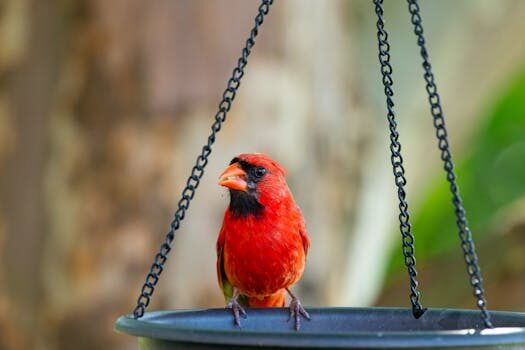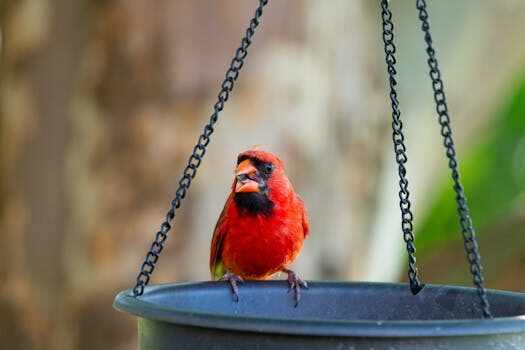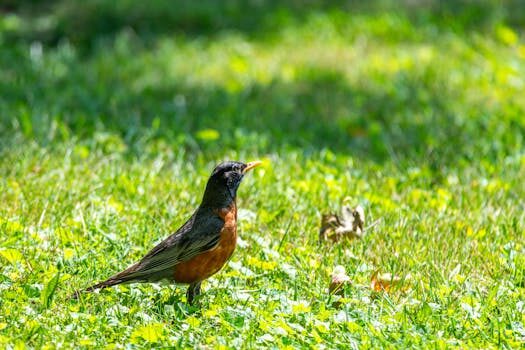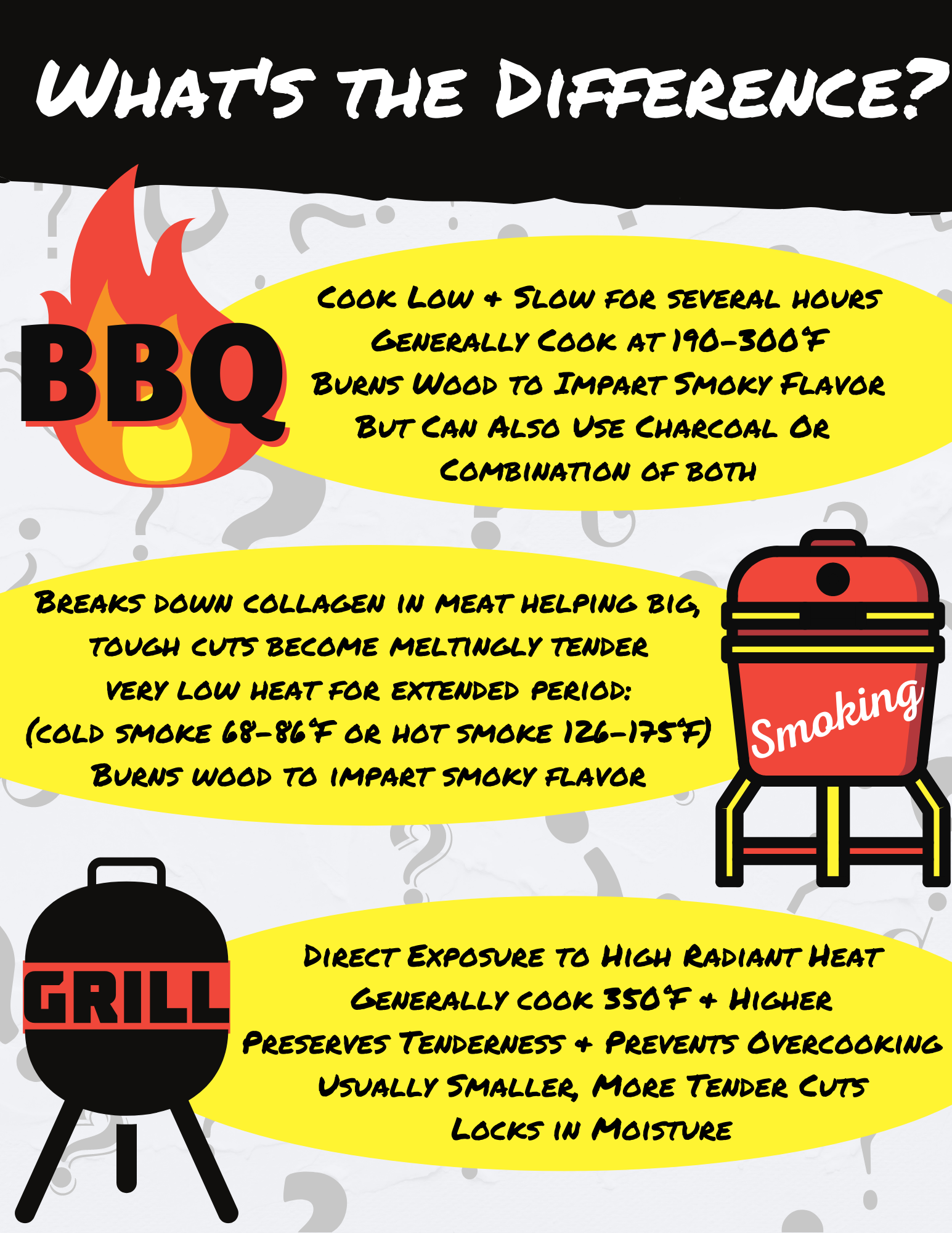As gardeners search for sustainable ways to enrich their soil, one question that often emerges is, “Should you use BBQ ash in garden soil? We separate fact from myth.” This query springs from a common practice of repurposing summer barbecue remnants as potential garden supplements. But before you sprinkle those ashes onto your flower beds or vegetable patch, let’s delve into the nuances and considerations that come with using BBQ ash in your garden.
Understanding the impact of BBQ ash on your garden is crucial. It’s not simply a matter of disposal but a question of the health of your soil and plants. The key lies in discerning the types of ashes and how they interact with your garden’s delicate ecosystem.
Is Charcoal Ash Good for Your Garden?
When it comes to using charcoal ash, not all types are created equal. It’s essential to differentiate between ash derived from pure wood and that from processed briquettes. Pure wood ash can be a source of nutrients, such as potassium, which is beneficial for many plants.
However, BBQ briquettes often contain chemical additives that may not be safe for your garden. These chemicals can accumulate in the soil and potentially be taken up by the plants you grow, especially if you’re cultivating fruits and vegetables. It’s important to only use natural lump charcoal ash if you’re considering adding it to your garden.
Ashes from natural wood can provide benefits when used in moderation and with consideration to the existing soil conditions. For instance, wood ash can raise the soil’s pH level, making it more alkaline. This can be advantageous if your soil is overly acidic, but it could also disrupt the pH balance if not carefully managed.
How Does BBQ Ash Affect Soil pH?
BBQ ash is inherently alkaline. Adding it to your soil will raise the pH, which can be beneficial for plants that thrive in less acidic conditions. However, applying BBQ ash indiscriminately can lead to an imbalance in soil pH, which can inhibit plant growth and nutrient uptake.
It is critical to test your soil’s pH before incorporating any ash. If the soil is already neutral or alkaline, additional ash can make the conditions unfavorable for many plants. Remember, not all garden plants prefer an alkaline soil; some require a more acidic environment to flourish.
Using BBQ ash should be a calculated decision based on the specific needs of your garden. If you determine that your soil would benefit from a slight increase in alkalinity, then ash from untreated wood can be a resourceful amendment.
Can You Add Charcoal Ash to Your Garden?
Yes, you can add charcoal ash to your garden, but with stipulations. Ensure that the charcoal is free from chemical additives before considering it as an amendment for your garden soil. This means avoiding charcoal that’s been treated with lighter fluids or other igniting agents.

Natural lump charcoal, which is made from pure wood, can be used sparingly in your garden. It can contribute to raising the soil’s pH and supplying essential nutrients. Yet, moderation is key. Overuse can lead to soil imbalances and potential harm to your plants.
It’s also wise to avoid using charcoal ash from barbecues where meat and other food items were cooked, as fats and other residues can attract pests and contribute to the growth of unwanted bacteria in the soil.
What Plants Benefit From Wood Ash?
Wood ash is particularly beneficial for plants that prefer a higher pH level. Here’s a list of plants that typically respond well to the addition of wood ash:
- Lavender
- Rosemary
- Clematis
- Lilacs
- Gardenias (in small amounts to prevent over-alkalinity)
These plants thrive in environments that are less acidic. Remember, the goal is to enhance the soil to suit the needs of your specific plants, so always consider their individual preferences before applying any amendments.
Conversely, plants such as blueberries, azaleas, and rhododendrons prefer acidic soils and would not benefit from the addition of wood ash. It’s essential to know your garden’s inhabitants and their needs before making any changes to the soil composition.
How to Use Wood Ash in the Garden?
Using wood ash in the garden can be beneficial, but it should be done thoughtfully. Here are some guidelines to help you use wood ash effectively:
Firstly, test your soil’s pH to understand its current state. This will inform you if wood ash is a suitable addition.
When applying wood ash, do so sparingly and spread it evenly over the soil. It can be gently worked into the top layer of the soil or left on the surface to be naturally incorporated through weather and watering.
Avoid using wood ash around seedlings or very young plants, as it can be too harsh for their tender roots. Also, it’s best to apply wood ash during the dormant season, allowing time for it to integrate into the soil before the growing season begins.

Do not apply wood ash directly to foliage or stems, as it can cause burning. Additionally, refrain from using it on windier days to prevent it from dispersing into areas where it’s not intended.
Why Is It Important to Test Soil Before Using Ash?
Soil testing is a critical step before applying any ash to your garden. Knowing the current pH and nutrient levels helps prevent creating an environment that could harm your plants. Testing provides valuable information that guides how much ash, if any, should be added to your soil.
Adding ash without testing can lead to excessive alkalinity, which can cause nutrient lockout, where plants are unable to absorb the necessary nutrients from the soil. This could lead to deficiencies and poor plant health.
Furthermore, soil tests can reveal the presence of heavy metals or other contaminants in your soil. Since wood ash can affect the mobility of these elements, it’s essential to understand your soil’s baseline before proceeding with amendments.
Now that we have explored the considerations and methods for using BBQ ash in the garden, let’s address some related queries that gardeners often have.
Questions Related to Using BBQ Ash in Garden Soil
Is It Okay to Put Barbecue Ash on the Garden?
It can be okay to put barbecue ash on the garden, provided it’s from untreated, natural wood. Ash from processed briquettes should be avoided due to the potential presence of harmful chemical residues.
Consider the type of plants in your garden and the current soil pH before applying ash. Also, use it sparingly as an amendment, not as a primary fertilizer.
Is Barbecue Ash Good for Soil?
Barbecue ash can be good for soil that is overly acidic, as it can help to neutralize the pH. However, it’s important to confirm that the ash is from untreated wood and to apply it carefully after soil testing.
When used appropriately, barbecue ash can contribute beneficial nutrients to the soil, but indiscriminate use can be damaging.

Which Plants Do Not Like Ash?
Plants that prefer acidic soil environments, such as blueberries, azaleas, and rhododendrons, do not respond well to ash. Their growth can be stunted, and nutrient uptake impaired if the soil becomes too alkaline.
Always research your plants’ preferences before considering wood ash as a soil amendment.
What to Do with Ash After Barbecue?
If you have ash from untreated wood, you can consider using it in your garden as described above. Otherwise, it’s best to dispose of barbecue ash with your regular waste to avoid potential harm from chemical residues.
Another option is to use wood ash in creating homemade cleaning agents or as a natural pest deterrent around the perimeter of your home.
In conclusion, the use of BBQ ash in garden soil requires careful consideration and responsible application. While it can offer benefits, it also carries the potential for harm if not used correctly. Always test your soil, know your plants, and proceed with caution to ensure your garden continues to thrive.
 Outdoor kitchen ideas: 36 chic designs to elevate your alfresco entertaining
Outdoor kitchen ideas: 36 chic designs to elevate your alfresco entertaining
